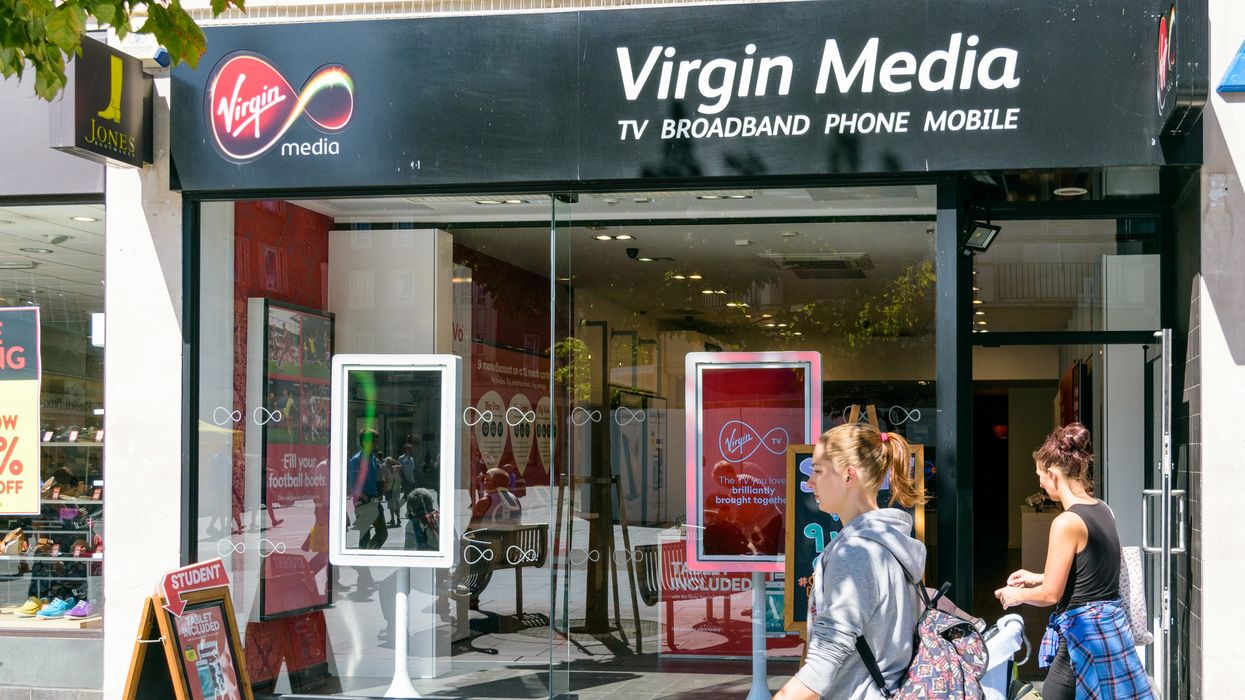Highlights:
- Virgin Media customers reported severe pixelation during Liverpool’s season opener at Anfield.
- The disruption lasted for more than 15 minutes, causing many to miss Hugo Ekitike’s first-half goal.
- Fans took to social media to complain, criticising the service cost and reliability.
- Virgin Media apologised, confirming the issue has since been resolved.
Broadcast disruption frustrates fans
Liverpool fans were left frustrated after a major broadcast fault affected Virgin Media’s coverage of the club’s first Premier League home game of the season against Bournemouth.
Viewers complained of a heavily pixelated screen and frozen coverage from around the 15th minute of play, with the problem lasting well into the first half. The fault meant many missed Hugo Ekitike’s 37th-minute goal, which gave Liverpool the lead.
Fans vent on social media
Supporters voiced their anger on X, formerly Twitter, describing the feed as “unwatchable”.
One viewer said: “First match of the season ruined. Unacceptable when paying £120 a month for the service.”
Another user, Andy Lycett, wrote: “Anyone else’s Virgin Media gone all squiffy? It’s like watching it on a dodgy stick.”
Julie B added: “Unbelievable! 30 minutes into the football and Virgin Media fails on TV and online! We pay all that money plus extra for Sky Sports and this happens on the first match of the season.”
Others confirmed that rebooting their television boxes and Wi-Fi routers did not resolve the problem.
Virgin Media response
In a reply to affected customers, Virgin Media confirmed it was aware of an issue impacting Sky Sports channels.
A spokesperson said: “We apologise to customers who experienced pixelation issues with their television services earlier this evening. Our teams worked swiftly to identify the fault and have now restored services to normal.”





